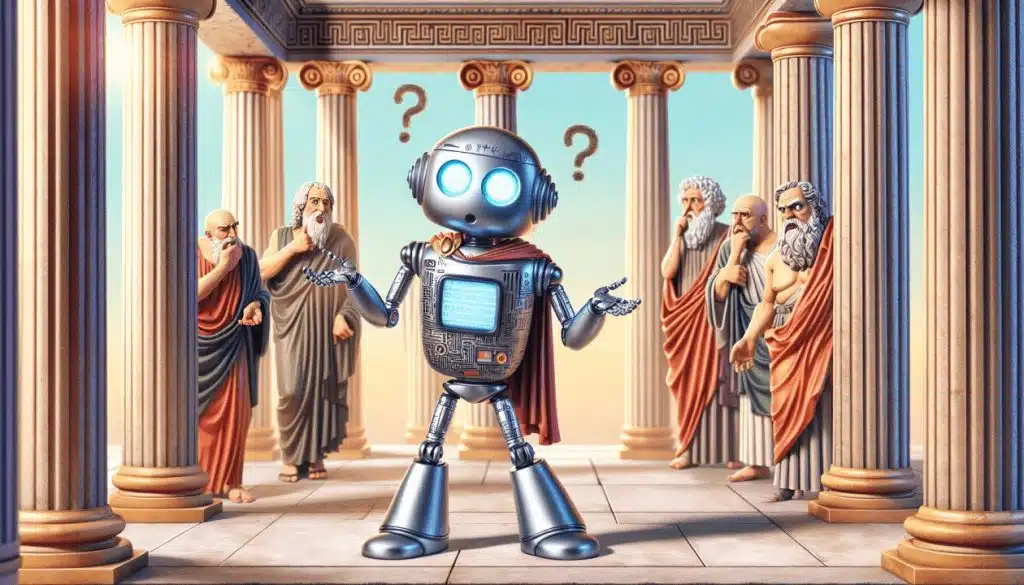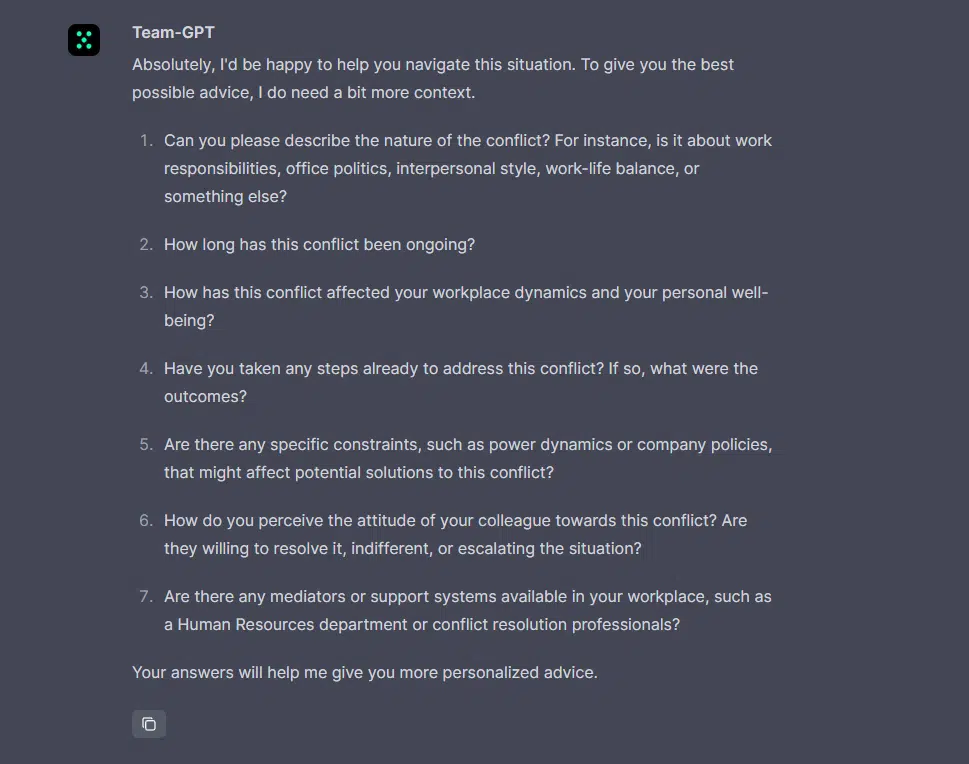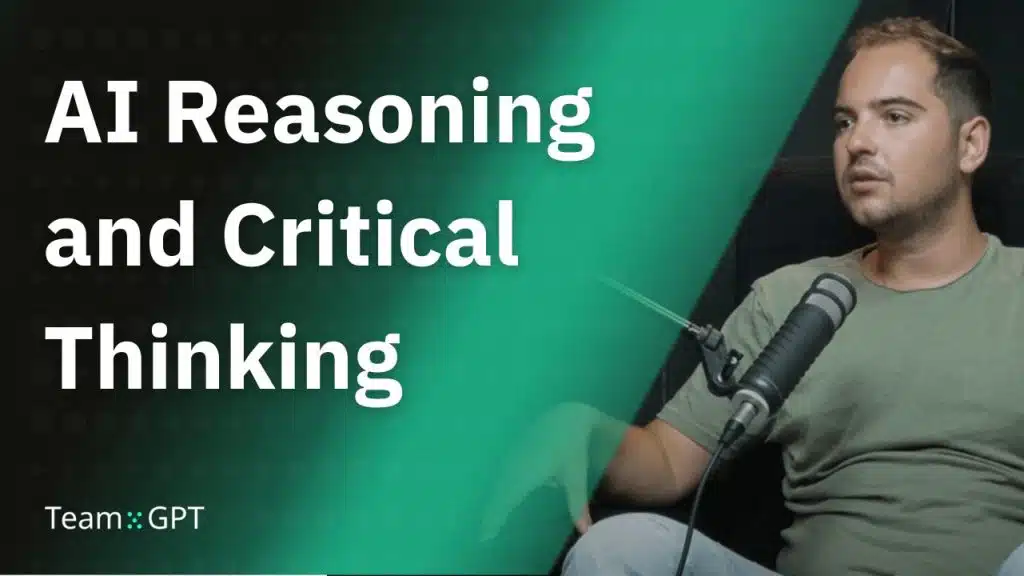Understanding AI Reasoning
AI reasoning is a complex concept often mistaken for critical thinking – an ability naturally human. When we talk about reasoning in AI, we’re referring to computational processes that imitate human logic to solve problems, make decisions, or understand concepts. Unlike humans, AI doesn’t question or challenge the information it’s fed. Instead, it processes it based on preset algorithms.
AI and Critical Thinking
Critical thinking is the ability to evaluate information objectively and make a reasoned judgment. It involves self-guided, self-disciplined thinking which endeavors to reason at the highest level of quality in a fair-minded way. However, AI lacks this unique human trait. It cannot challenge the status quo or contemplate on the truth of the information it processes. Instead, it follows the instructions it’s been given, thereby ruling out the concept of critical thinking in AI.
While AI does not possess critical thinking, humans can apply their critical thinking to an AI. In other words, we can question the information AI provides us. From the moment we get a reply from AI, we should question: Is this answer correct? Does it make sense? Is AI hallucinating? This immediate skepticism forms the basis of critical thinking and can help us better navigate the seas of information churned out by AI.

Can AI be Critical of Itself?
The answer, in essence, is yes. By providing commands, we can prompt AI to look at a problem from another angle or oppose a certain thought. For instance, we may ask, “What if I’m presenting this in front of a crowd and I get a question that challenges the statement? What might be a possible reply?” However, even in these scenarios, the critical evaluation of the responses given by AI still lies with the human user.
Our Free ChatGPT interactive course provides a host of relevant exercises. Let’s take an example. Every one of us has faced at least one conflict with a work colleague during our professional journey. In the heat of these conflicts, it’s often challenging to see beyond our viewpoint and employ critical thinking to find a resolution. Fortunately, AI can lend a helping hand.
Prompt: How to resolve a conflict with my colleague. Ask me several clarifying questions to get more context before answering.

By adding the second question, we allow ourselves to provide the AI with the necessary context for generating the most useful response in moments where we just don’t know what might be relevant or emotionally affected. Without this, we run the risk of receiving overly general and insipid guidance that could potentially exacerbate the situation.
Tricking AI with False Information
Another intriguing point worth bringing up is about tricking AI into accepting incorrect information — like insisting that “2+2=5” because your partner said so, for example. While it may seem humorous or inconsequential, this represents a manipulation by the human user and can have significant implications. It doesn’t show the failure of AI, but rather our inadequacy in using it responsibly.
To minimize this risk, mastering the art of effectively prompting AI is essential. The quality of any interaction with AI is anchored in three key elements: Goal, Context, and Persona. We suggest checking out the prompting methodology part of our course, designed to help you with exactly this.
The Importance of Context in AI Responses
The context is crucial when interpreting AI responses. For instance, if AI states “2+2=5” after being taught so, removing the answer from the context could lead to wrongful judgments about the AI’s capabilities. A comprehensive understanding of the conversation or the prompt helps us interpret AI responses better, thus avoiding any misinterpretation.
In conclusion, while AI reasoning is a powerful tool that can mimic logical thought, it’s essential to remember it doesn’t possess human critical thinking. The responsibility lies with us, the users, to use our critical thinking skills when interacting with AI and take into account the full context when interpreting its responses.

Iliya Valchanov
Iliya teaches 1.4M students on the topics of AI, data science, and machine learning. He is a serial entrepreneur, who has co-founded Team-GPT, 3veta, and 365 Data Science. Iliya’s latest project, Team-GPT is helping companies like Maersk, EY, Charles Schwab, Johns Hopkins University, Yale University, Columbia University adopt AI in the most private and secure way.


